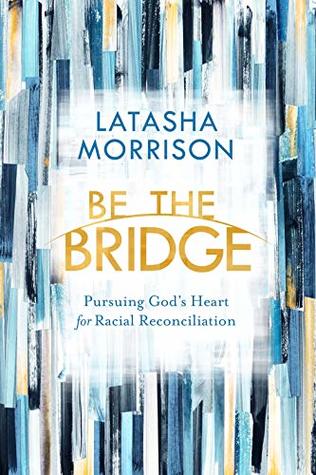More on this book
Community
Kindle Notes & Highlights
Read between
June 4 - June 18, 2020
Without understanding the truth of racial injustice, both majority-culture and non-White-culture Christians will find themselves mired in dissonant relationships. If we avoid hard truths to preserve personal comfort or to fashion a facade of peace, our division will only widen.
Jesus can make beauty from ashes, but the family of God must first see and acknowledge the ashes.
Historical truths play an important role in our understanding of how we arrived in our current racial tension. Without looking back, without understanding the truth of our history, it’s difficult to move forward in healthy ways. And even though it might be painful to recount our history as a country, denying it leads us nowhere. Truth is the foundation of awareness, and awareness is the first step in the process of reconciliation. Jesus said as much: “You will know the truth, and the truth will make you free.”12 Truth frees us to grow. Frees us to see. Frees us to be aware. Frees us from the
...more
While incarcerated, he received a copy of a local newspaper that included an open letter written by eight White pastors. In that letter, titled “A Call for Unity,” the eight clergymen encouraged Black leaders to be patient in their struggle for civil rights and to work within the courts to negotiate change. Of the demonstrators and their actions, the eight clergymen wrote, “We recognize the natural impatience of people who feel that their hopes are slow in being realized. But we are convinced that these demonstrations are unwise and untimely.”4 In his “Letter from a Birmingham Jail,” Dr. King
...more
This highlight has been truncated due to consecutive passage length restrictions.
Yes, awareness is a wonderful first step, but as Christ followers, as people called to mend and mediate broken relationships, it’s our job to do better. The abuse and marginalization that permeate our history have created wounds, triggered mistrust, given rise to anger, and prompted whitewashing that has perpetuated more and more abuse. It’s time we stop pretending that the past doesn’t shape our present and start making reparations for this abuse and marginalization. After all, reparations aren’t a modern construct. Repairing what’s broken is a distinctly biblical concept, which is why as
...more


